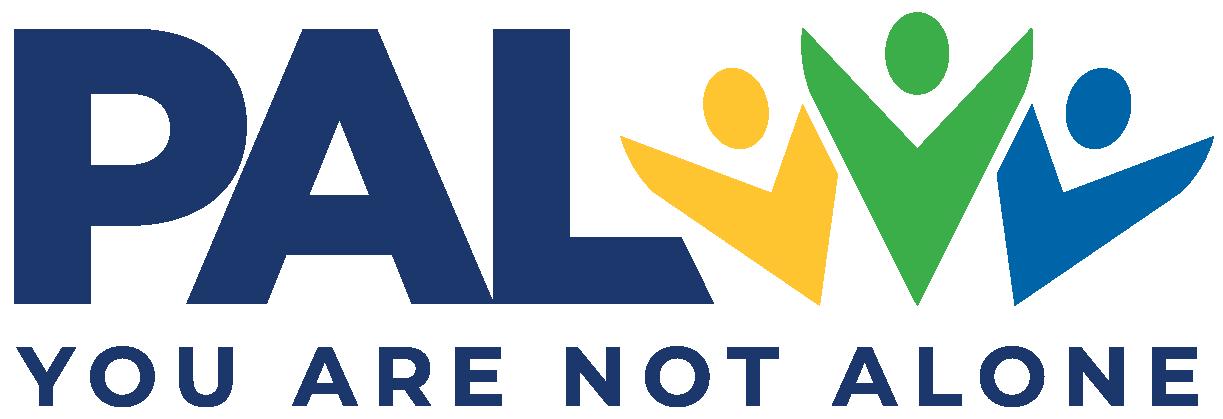Regularly, I hear baffled parents recount interactions with their addicted children, wondering things such as: Why did I agreed to that? How did I get talked into this? I can’t believe I said that to my kid! I totally went back on what I and my spouse agreed to. I am able to be completely logical in most situations, why can’t I be when I am talking to my son/daughter?
These interactions leave parents wondering how they allow themselves to be manipulated or distracted from how they intended to respond to their child.
What happens?
I can’t answer that thoroughly in 1,000 words or less, but here are some concepts to reflect upon that may help you to understand what is happening.
To start, let’s discuss a couple of traits that are common amongst addicts. First, they are often emotional and desperate, leading them (knowingly or unknowingly) to set up situations and interactions that they perceive as emergencies. High drama is often created by ignoring life’s daily maintenance. So, when things go wrong or threaten to have consequences their problems become urgent and highly emotional. Sometimes these emotional situations are a tactic to get what they want or avoid what they do not want.
Second, they have become accustomed to and dependent upon instant gratification. When they are gratified, they can be at peace; but the second gratification begins to go, panic ensues. They begin to urgently wonder things like: Where will I get my next high? How will I get money? How will I get out of this situation I got myself into (relationship, rent, job, school, finances, legal, etc.)?
Now let’s discuss how these traits can affect interactions with the parent(s).
During these interactions with the addict, the parent is put under duress to help or fix situations and to do it right now! It is already incredibly difficult not to become emotional when our children are now agitated and in a hurry. This being said, it is easy to end up in the same emotional state that the child is.
Once a parent is in a heightened emotional space their judgement also becomes cloudy. This increases the chance of the parent themselves doing things such as making rash, emotional, and quick decisions.
The following, are types of responses or reactions often made in this heightened state:
• Appeasing the addict
• Punishing the addict
• Making decisions without consulting a spouse or co-parent to create a united front
• Not asking for help/guidance from a spiritual advisor or another parent in recovery
• Failing to look at the facts
• Failing to contextualize the facts
• Letting fear guide decisions
• Avoiding problems
When we are fearful and emotional it is very hard to think clearly. There are even biological changes caused by stress (fight or flight response) which compromise our decision-making processes. The addict is often in this place of fight or flight, and they can bring the parent right down to their level if allowed.
As a parent who is trying to change how you respond to your addict, a “pause” can allow you time to think and redirect even deeply entrenched patterns of response. This pause can help stop the insanity of the moment (which we will define for this purpose as doing the same thing over and expecting a different result).
How many times has a decision we regret or retract been made because we were hasty or emotional (agitated, fearful, angry, doubtful, guilty, tired, hungry)? A few moments, minutes, days, or even weeks can change our state of mind and allow us to become thoughtful and mindful about our response to a given situation. Sometimes the best answer to give your addicted loved one or anyone for that matter is “I will have to get back to you.”
Remember, many people especially the emotional and instant gratification seeking addict will not like this, but it may be the only way to keep your peace of mind and truly feel good about your responses. In addition, and in most circumstances, any time an addict has to wait (real emergencies aside) is probably good for them, it may even allow them to problem solve and offer a chance for them to build self-esteem.
To wrap things up, let’s talk about a few more solutions you can use if you know you are going to be engaging in a potentially emotional conversation or situation. You can use these ideas to plan future situations, this will help you to remain calm and focused:
• Discuss situations/decisions with your spouse or co-parent prior to the interactions and have the interactions together with the addict to create a true “united front.”
• Go to a public place for the conversation.
• Let go of the outcome prior to the interaction.
• Have an exit prepared. If the conversation goes nowhere, you do not have to stay in it.
• Try to avoid engaging in a conversation when you are already stressed.
• Consult a spiritual advisor or parent who relates to your situation prior to potentially hard conversations.
• Try to avoid interactions while you have any kind of time pressure on you (e.g., If you have to be at work in ten minutes the conversation should probably wait).
In closing, I will leave you with something to meditate upon – What is the best way for
you to pause and restore your clarity and peace of mind?
Josh Azevedo is a guest blogger for PAL and is the Executive Director at The Pathway Program, https://thepathwayprogram.com
